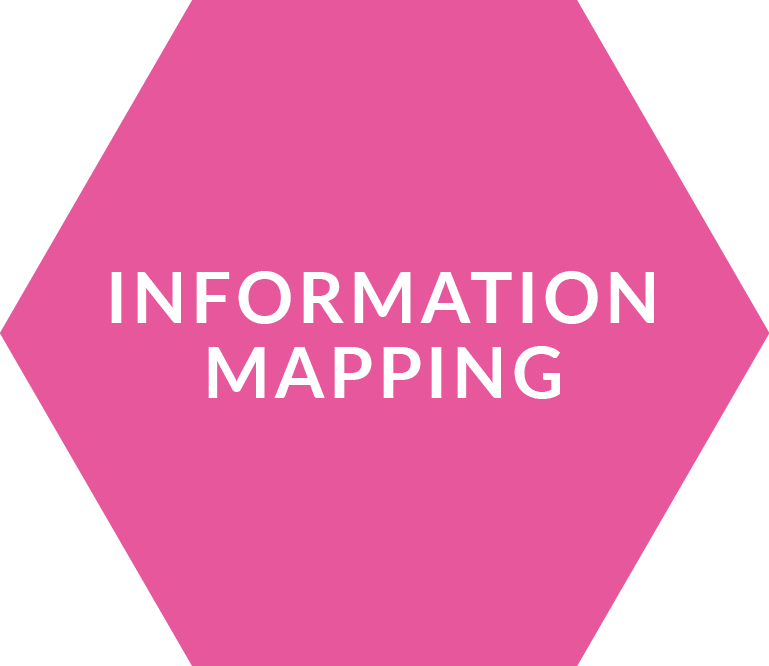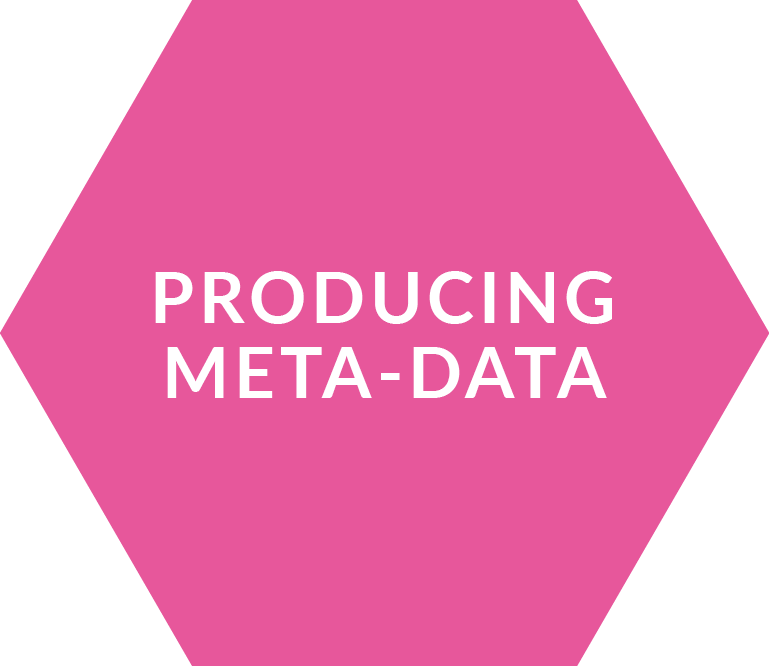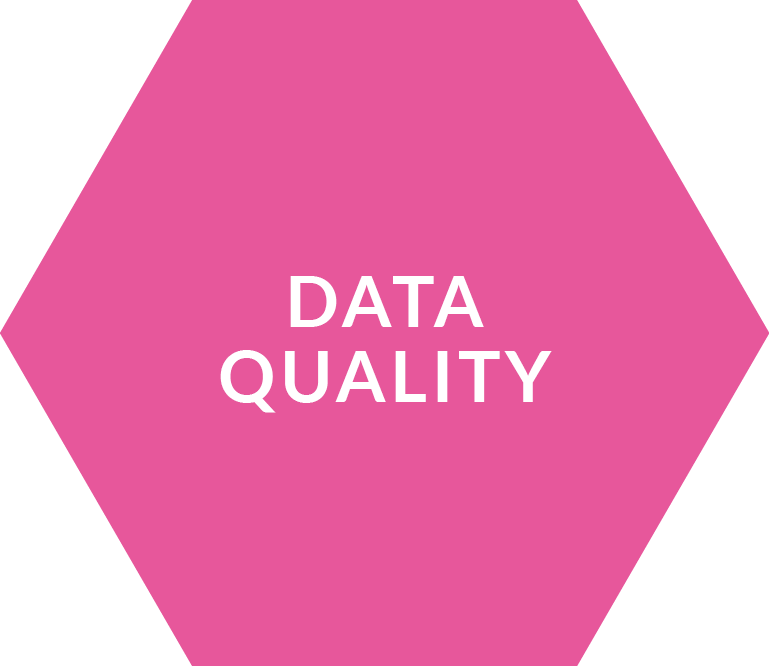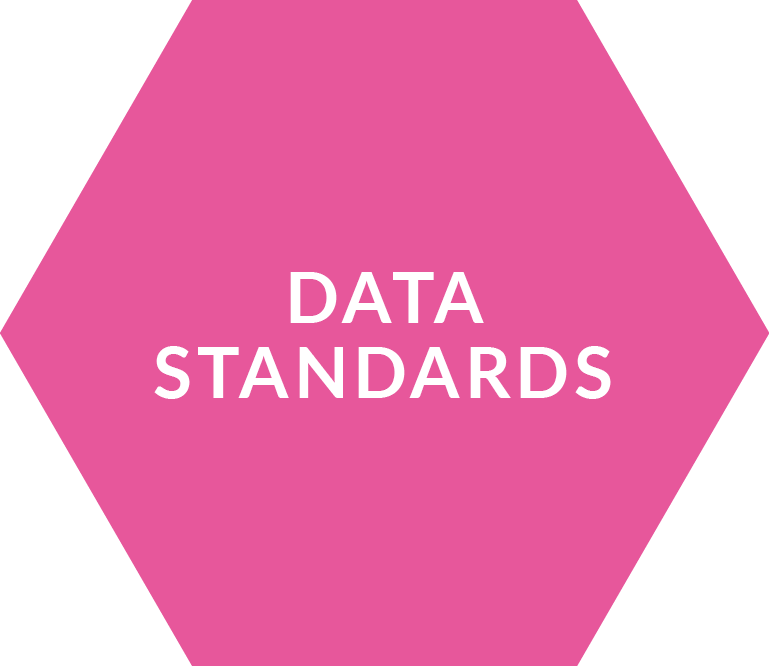To ensure compliance with the relevant regulatory frameworks, those governing, hosting, and managing a common information management system need to understand and determine what types of data are being processed and what types of data are stored in the system. This includes questions of information ownership and potentially conflicting disciplinary standards. Guiding Questions How does the system ensure an effective …
Producing Meta-Data
Meta-data needs to support cross-border data exchange and interdepartmental data sharing. It is designed to help each group align with the others without asking them to change their cultures or practice. Meta-data standards need to be established for communication between agencies that include communications protocols, data formats, data storage and retrieval procedures, and data delivery/availability requirements. They also should spell …
Data Quality
How data quality is assessed depends on what the data is used for, how and why it was derived, and how it fits with other information it is being used with — standards of practice that are likely different between different stakeholders within a collaborative information management system. Data quality, thus, is not just as simple as asking whether the …
Data Standards
Data standards are the rules and definitions by which content is described and recorded as data. To share or store data there must be standards in order for the various technological systems along the way to be able to incorporate these data during and after the storing and sharing processes. However, one effect of increasing the range of data sources …
Digital Divides
Collaborative technological solutions, which require a certain amount of connectivity, run the inherent risk of creating digital divides between those who can access the technology and/or the network (and hence participate in the collaboration) and those who cannot. Such digital inequalities and technological discriminations are not solely determined by socio-economic factors. They can also be the result of the structurally …





